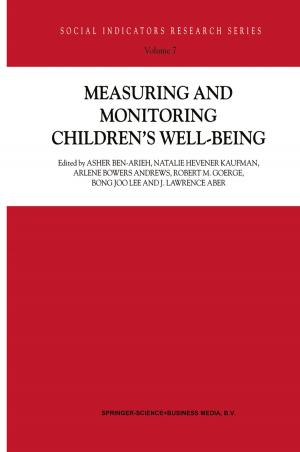Organ Allocation
Proceedings of the 30th Conference on Transplantation and Clinical Immunology, 2–4 June, 1998
Nonfiction, Health & Well Being, Medical, Specialties, Internal Medicine, Nephrology| Author: | ISBN: | 9789401149846 | |
| Publisher: | Springer Netherlands | Publication: | December 6, 2012 |
| Imprint: | Springer | Language: | English |
| Author: | |
| ISBN: | 9789401149846 |
| Publisher: | Springer Netherlands |
| Publication: | December 6, 2012 |
| Imprint: | Springer |
| Language: | English |
Over the last few years, transplantation knowledge and techniques, as well as insights into pharmacology, have improved, thus enabling greater access to transplantation for patients.
The pool of organs for transplantation is stable, and therefore insufficient to cope with the growing demand. To adjust demand and resources in the most equitable way, organ procurement and allocation have been organized nationally and often across borders. The national and international organ exchange programs were studied and discussed during the Congress on Organ Allocation, from which this book is derived.
This book describes the state of the art in the management of waiting lists and the allocation of organs in transplantation. It includes chapters on the possibilities of expanding the pool of available cadaver organs. It also analyzes the results of transplantation of cadaver organs from older donors and marginal, non-heart beating donors.
Transplantation policies based on the offering of organs by living donors are also described, as is the impact of delayed graft function on organ allocation.
Over the last few years, transplantation knowledge and techniques, as well as insights into pharmacology, have improved, thus enabling greater access to transplantation for patients.
The pool of organs for transplantation is stable, and therefore insufficient to cope with the growing demand. To adjust demand and resources in the most equitable way, organ procurement and allocation have been organized nationally and often across borders. The national and international organ exchange programs were studied and discussed during the Congress on Organ Allocation, from which this book is derived.
This book describes the state of the art in the management of waiting lists and the allocation of organs in transplantation. It includes chapters on the possibilities of expanding the pool of available cadaver organs. It also analyzes the results of transplantation of cadaver organs from older donors and marginal, non-heart beating donors.
Transplantation policies based on the offering of organs by living donors are also described, as is the impact of delayed graft function on organ allocation.















